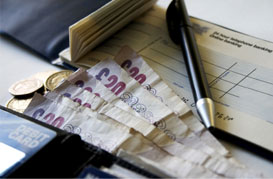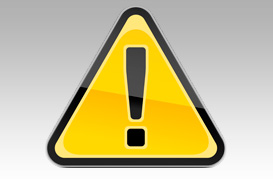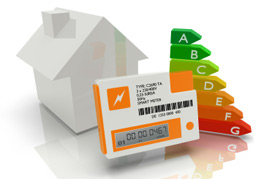
6
Jul
Jul
Are E.on Seeking to Increase SME Energy Costs by Reducing Competition From Independent Brokers?
Posted by Comments Off on Are E.on Seeking to Increase SME Energy Costs by Reducing Competition From Independent Brokers?
 What is E.on up to at the moment in the SME commercial energy market? Is there something sinister about E.on’s current behaviour? What’s it all about?
What is E.on up to at the moment in the SME commercial energy market? Is there something sinister about E.on’s current behaviour? What’s it all about?
Over recent months E.on’s SME division have been sending out documentation to Brokers, Consultancies and sales agencies for signature relating to a ‘Code of Practice’ and a new ‘updated E.on contract’. Despite the increased efforts of Ofgem and the government to improve market liquidity [Big 6 forced to sell 25% of generation on wholesale market], some energy companies are still making efforts to erode the independent status of third parties; is this to be considered anti-competitive behaviour?
Category : Electricity Prices | Energy Companies | Energy Prices | Gas Prices | Blog
- Bookmark :
- Digg
- del.icio.us
- Stumbleupon
- Redit it
16
Jan
Jan
Which? Criticism of Smart Meters
Posted by (0) Comment
 Smart meters are due for domestic roll-out by 2018 and 2020 for commercial. The basic premise is that energy isn’t going to get any cheaper in the near future and consumers; domestic and commercial are going to have to manage their energy consumption – why? Because we’re digging the hard stuff [oil, gas and coal] out of the ground and the alternatives are either hugely more expensive or dangerous [e.g. Fukushima]. To enable this to happen successfully requires that the consumer is engaged in the process with the result being that they will be able to see how much, when and at what cost energy is consumed.
Smart meters are due for domestic roll-out by 2018 and 2020 for commercial. The basic premise is that energy isn’t going to get any cheaper in the near future and consumers; domestic and commercial are going to have to manage their energy consumption – why? Because we’re digging the hard stuff [oil, gas and coal] out of the ground and the alternatives are either hugely more expensive or dangerous [e.g. Fukushima]. To enable this to happen successfully requires that the consumer is engaged in the process with the result being that they will be able to see how much, when and at what cost energy is consumed.
Category : Administration | Efficiency | Energy Companies | Payment | Blog
- Bookmark :
- Digg
- del.icio.us
- Stumbleupon
- Redit it
29
May
May
Reduce Overlapping Billing
Posted by (0) Comment

Double billing can occur when changing energy supplier and involves both the new and old supplier charging for energy usage in the overlap between the end of one contract and the beginning of another. In short, the user is paying for the same energy twice.
One of the major causes of this are incorrectly processed meter readings where the new supplier makes an estimate of usage but the old supplier, for whatever reason, does not receive them or does not process them correctly. This can lead to a final account figure missing on the old supplier’s system and therefore the old supplier will keep billing the customer until a final official reading has been logged in the system from the new supplier.
Category : Administration | Payment | Blog
- Bookmark :
- Digg
- del.icio.us
- Stumbleupon
- Redit it
20
May
May
Direct Debit vs Cash Cheque
Posted by (0) Comment

This article discusses the two forms of payment you are likely to encounter when requested to pay for your energy – direct debit and cash cheque. It is worth noting the difference between the two processes and the additional costs incurred should you choose a cash cheque which increasingly less acceptable to suppliers and in some cases simply not an option.
Definitions
Direct Debit is the process of electronic payment from one bank account to another – this involves an agreement that the energy supplier has the authority to remove the appropriate billed amount from the client account. This transaction is different to a standing order because Direct Debit allows payments of different values. On the other hand, Cash Cheque is a term that is applied to the means of payment by which money is transfered to another bank account via cheque, cash or manual electronic payment – the onus is upon the client to pay the energy company as the energy company does not have the authority to automatically remove the appropriate credit.
Category : Administration | Payment | Blog
- Bookmark :
- Digg
- del.icio.us
- Stumbleupon
- Redit it




